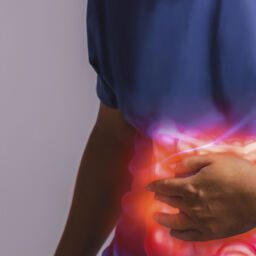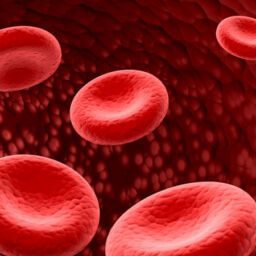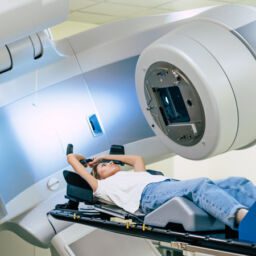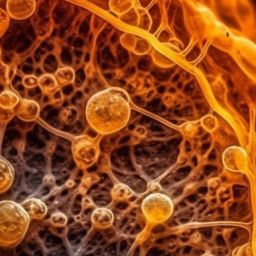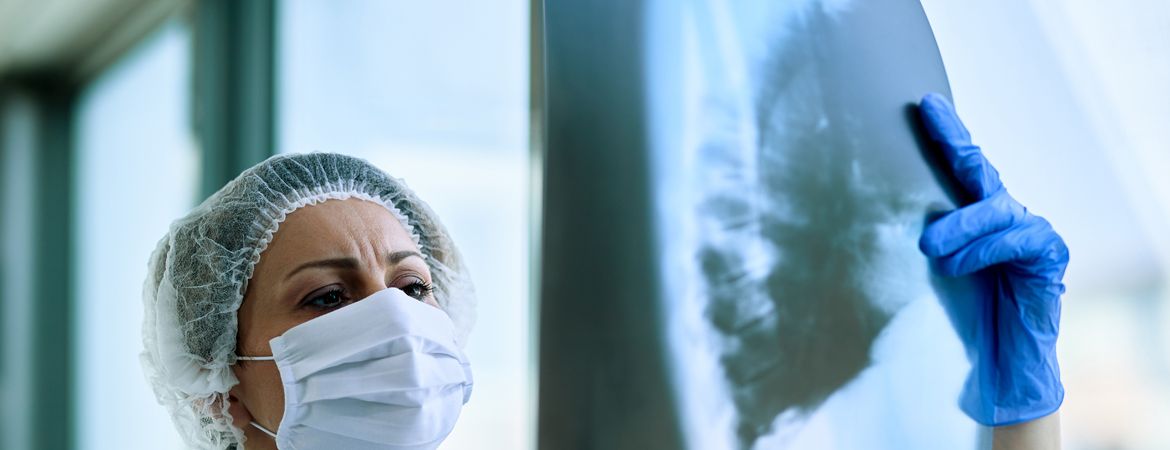
Lung cancer is a serious disease that can affect people of all ages and from all walks of life. In this comprehensive guide, you’ll find out about the symptoms, causes and treatments, as well as tips on how to prevent lung cancer.
WHAT IS LUNG CANCER?
Lung Tumor is a disease that starts in the cells of the lungs. It can spread to other parts of the body, which makes it very dangerous. Symptoms can include a persistent cough, chest pain, unexplained weight loss and excessive tiredness. The main causes of lung tumor are smoking, exposure to toxic chemicals and air pollution. Treatments include surgery, radiotherapy and chemotherapy.
SYMPTOMS:
Symptoms can vary from person to person, but the most common are a persistent cough that won’t go away, chest pain, unexplained weight loss, excessive tiredness and difficulty breathing. If you’re experiencing these symptoms, it’s important to see a doctor as soon as possible for early diagnosis and treatment. It’s also important to note that some people with lung tumor may not have any symptoms at all when they first develop the disease, which underlines the importance of regular screening for those at risk.
HOW IS DIAGNOSED?
If you have symptoms of lung cancer, your doctor will ask you about your medical history, including any exposure to risk factors for lung Tumor.
He or she may then do a physical examination and listen to your lungs with a stethoscope. He or she may use other equipment, such as an X-ray or CT scanner, to look at your lungs more closely.
If you have certain symptoms that suggest lung cancer, your doctor may order tests such as:
- Blood tests: These can help determine whether the tumour has spread to other parts of the body by looking for abnormal proteins in the blood that may be caused by tumours or cancer cells. Blood tests can also help determine how well chemotherapy is working.
- Chest X-rays are an important tool in diagnosing lung cancer, as they can show whether there are any signs of the disease in the lungs and chest cavity. Chest X-rays can also show signs of infection or inflammation (such as pneumonia).
- Computed tomography (CT) uses X-ray technology to produce 3D cross-sectional images of internal organs and body structures. A CT scan gives doctors a detailed view of any suspicious lesions seen on an X-ray film, allowing them to determine whether further treatment is needed.
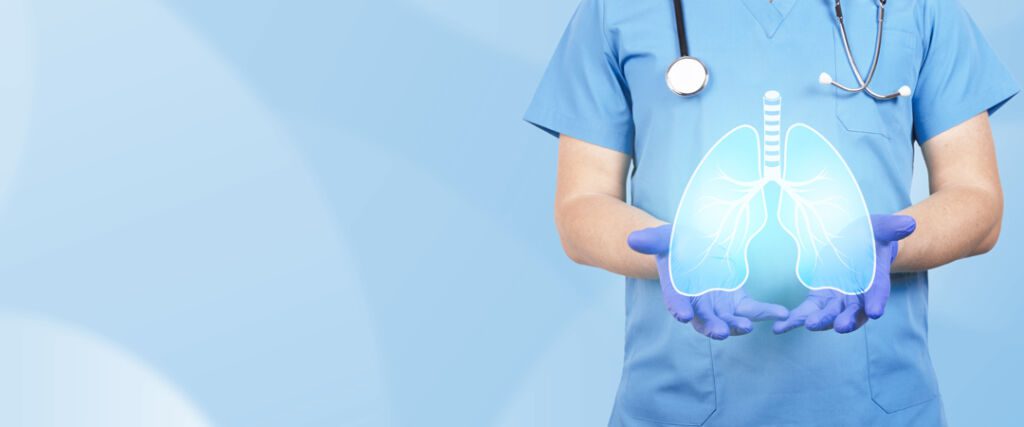
THE CAUSES OF LUNG CANCER:
Lung Tumor is mainly caused by smoking, but it can also be caused by exposure to toxic substances such as asbestos, radon and other chemicals. People with a family history or chronic respiratory problems are also more likely to develop the disease. It’s important to reduce the risks by not smoking and taking precautions to avoid exposure to toxic substances.
THE DIFFERENT TYPES OF LUNG CANCER:
There are two main types of lung cancer: non-small cell lung cancer (NSCLC) and small cell lung cancer (SCLC).
NSCLC is the most common type, accounting for about 85% of cases.
There are two main types of NSCLC: squamous cell carcinoma and adenocarcinoma.
- Squamous cell carcinoma is the most common type of NSCLC, accounting for around 75% of cases. It usually develops slowly and is more common in people who have smoked. Squamous cell carcinomas are less likely to spread than adenocarcinomas.
- Adenocarcinomas account for about 25% of all NSCLC cases. These cancers develop more quickly than squamous cell carcinomas and often spread directly to other parts of the body through the lymphatic system or bloodstream, making them more difficult to treat and cure than squamous cell carcinomas.
CPC is less common, but is more aggressive and spreads more quickly than NSCLC. The main types of small cell lung cancer are oat cell carcinoma and neuroendocrine carcinoma.
Symptoms of small cell lung Tumor may include:
- A cough that won’t go away
- shortness of breath or rapid breathing (tachypnea)
- Fatigue or weakness
- Chest pain or tightness
- Weight loss despite an increased appetite
- Painless lump in the neck, armpits or groin
It’s important to know what type of cancer you have so you can get the most effective treatment.
TREATMENTS AVAILABLE
Treatments depend on the stage of the disease, the type of cancer and the patient’s overall health. Treatment options include surgery, radiotherapy, chemotherapy, immunotherapy and targeted therapy. In some cases, a combination of these treatments may be used. It’s important to discuss the treatment options with your doctor and choose the one that’s right for you.
You ask, our teams answer.
F.A.Q
The prognosis depends on the stage at diagnosis, the type of lung cancer and the response to treatment. Cancers diagnosed at an early stage generally have a better chance of recovery than those diagnosed at an advanced stage.
To reduce your risk of lung cancer, it’s important not to smoke, minimise your exposure to carcinogens, maintain a healthy lifestyle with a balanced diet and have regular check-ups if you have high risk factors.
The best way to prevent lung cancer is to avoid smoking and exposure to tobacco smoke. Quitting smoking is particularly important in reducing the risk.
Many organisations offer support to people with lung cancer, including support groups, counselling services and information about available treatments.


